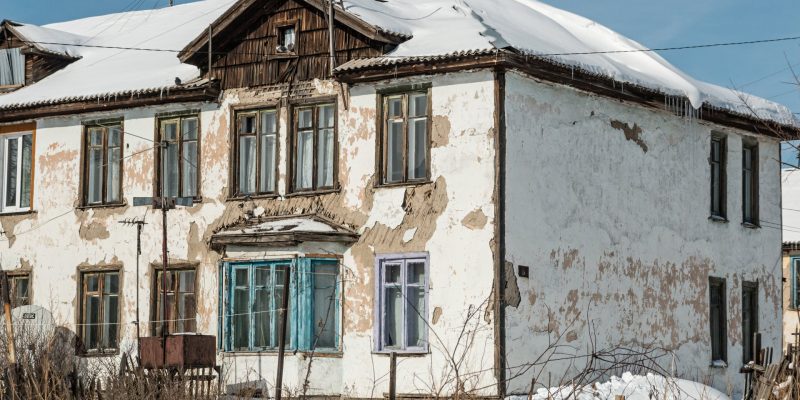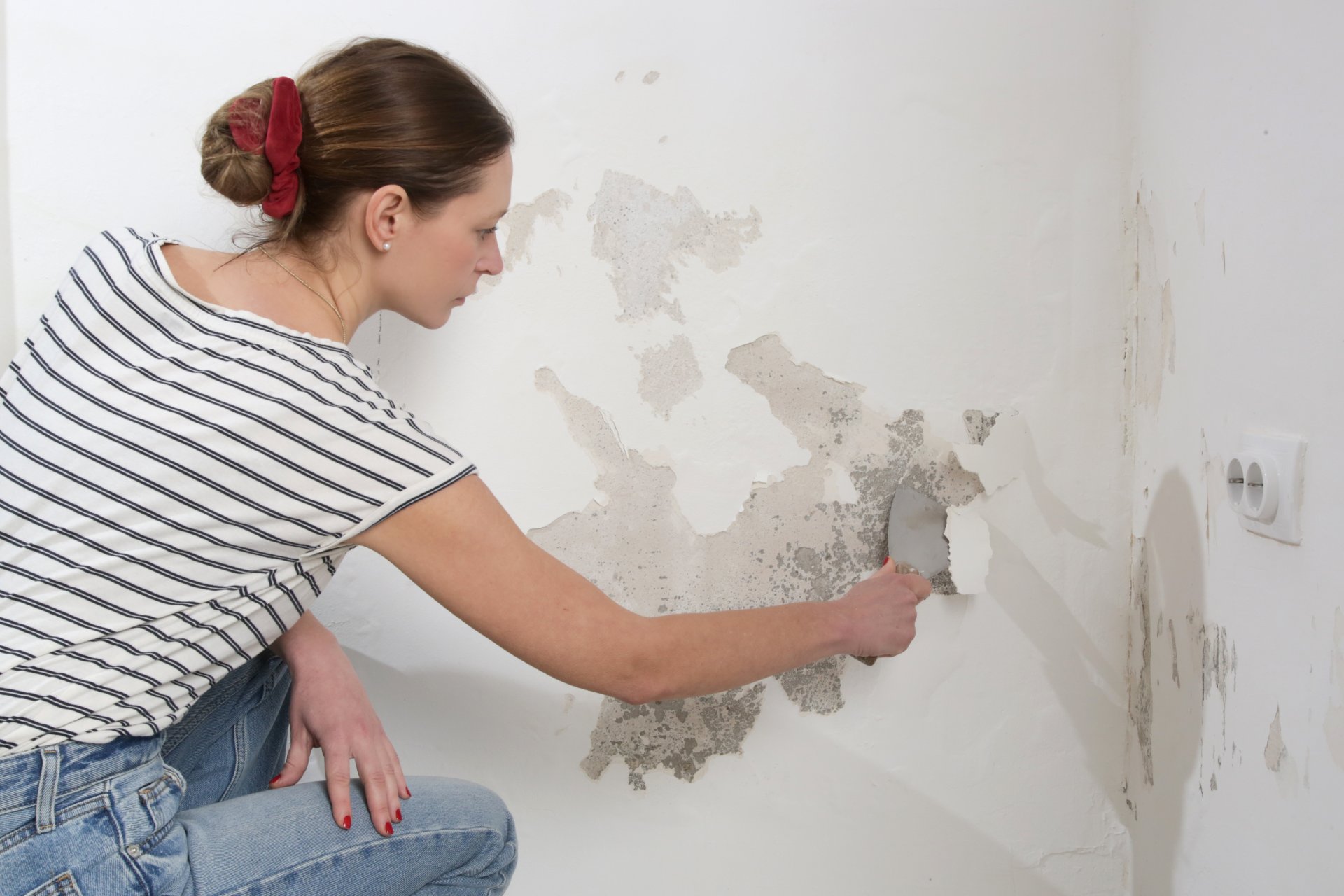Discover the essentials of successful exterior painting in winter. With these painting tips, you’ll learn how to take advantage of the cold and achieve the best results for your home.
As the chill of winter sets in, many homeowners believe that exterior painting must be put on hold until the warmth of spring. But painting in cold weather has its advantages, such as lower humidity that can lead to faster drying times. Plus, if you decide to use a professional service, there’s often less demand for professional painters, meaning you might get your project completed more quickly.
This article provides valuable winter painting tips and insights, ensuring your home not only looks great but also receives an extra layer of protection during the colder months.
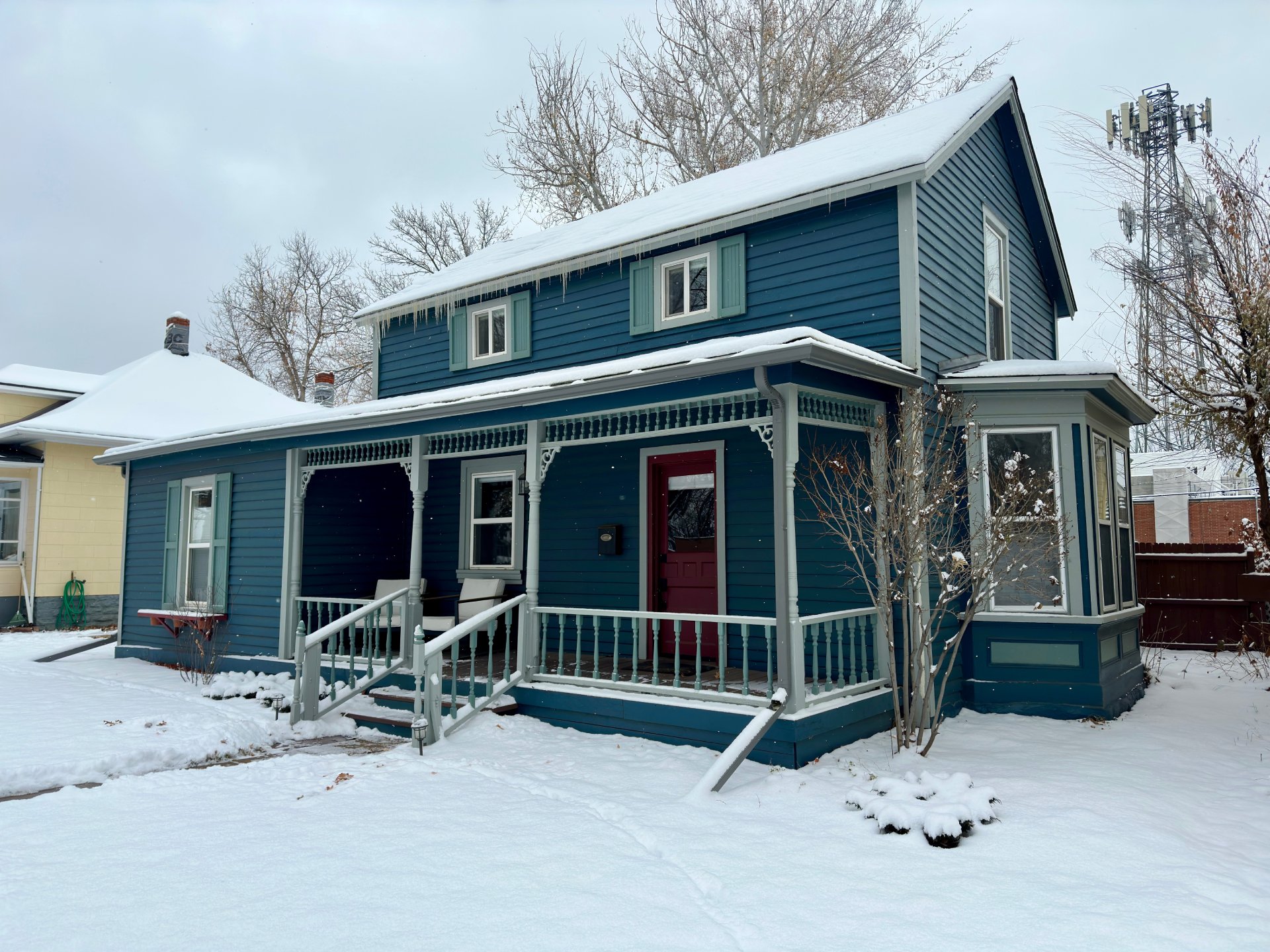
Timing is Everything
Timing is a critical factor when painting in the cold. Keep an eye on the forecast and avoid painting on days when the temperature is expected to drop below the recommended levels for your chosen paint. The ideal time for winter painting is during the warmest part of the day.
Painting Outside in Cold Weather: https://todayshomeowner.com/painting/video/painting-outside-in-cold-weather/
How Cold is Too Cold:
Choosing the Right Paint
Exterior paints for cold weather, often referred to as “low-temperature paints,” are specially designed to perform well in lower temperatures, reducing the risks caused by sudden temperature drops or dew. Check the manufacturer’s specifications to ensure the paint you choose is appropriate for your specific climate and temperature range.
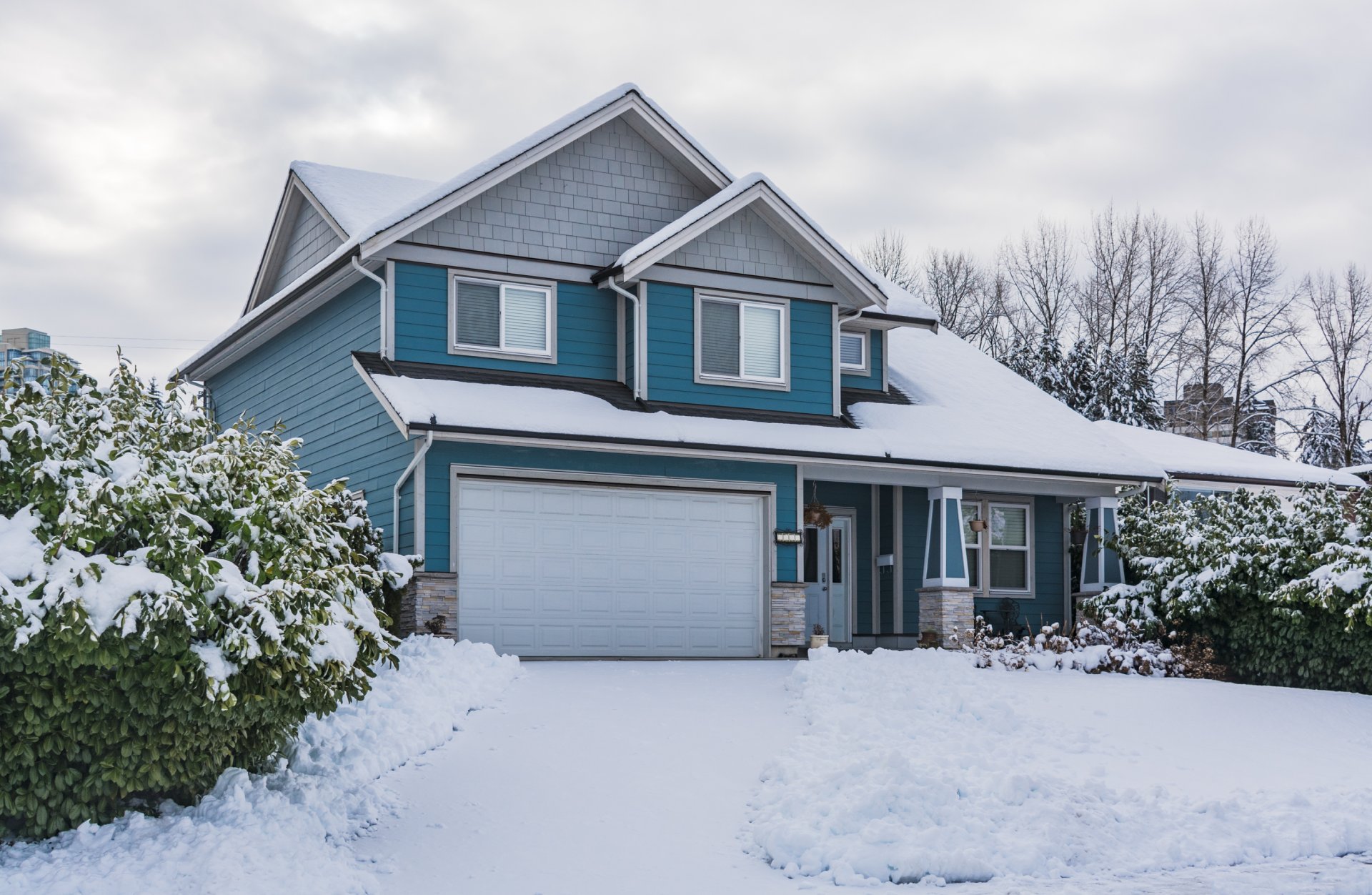
Here are some characteristics to check:
- Temperature tolerance: Traditional paints typically require temperatures above 50°F (10°C) to cure properly, while cold weather paints are formulated to cure at temperatures as low as 35°F (1.7°C) or even lower in some cases.
- Faster drying time to accommodate the shorter, cooler days of winter and avoid problems like dew or frost affecting the paint before it’s fully dried.
- Modified resins and additives that are more flexible, to withstand the contraction and expansion of surfaces due to temperature changes.
- Improved adhesion to stick better to surfaces in lower temperatures.
- Moisture resistance: Given that winter weather can be more humid or wet, these paints are designed to prevent issues like blistering, peeling, or mildew growth due to moisture.
- VOC levels: Some cold weather paints are formulated with lower levels of volatile organic compounds (VOCs), making them more environmentally friendly and less odorous.
- Insulation: Some paints are designed to provide additional insulation and reflect heat, thereby contributing to the overall energy efficiency of a home. Check out insulating or thermal paints, reflective or radiant barrier coatings, low-emissivity paints, or thermal barrier coatings.
Surface Preparation
Surface preparation is vital in any painting project, more so in winter. Ensure the surface is clean, dry, and free from ice or frost. The presence of moisture can lead to poor paint adhesion and longer drying times, which are already a concern in cold weather.
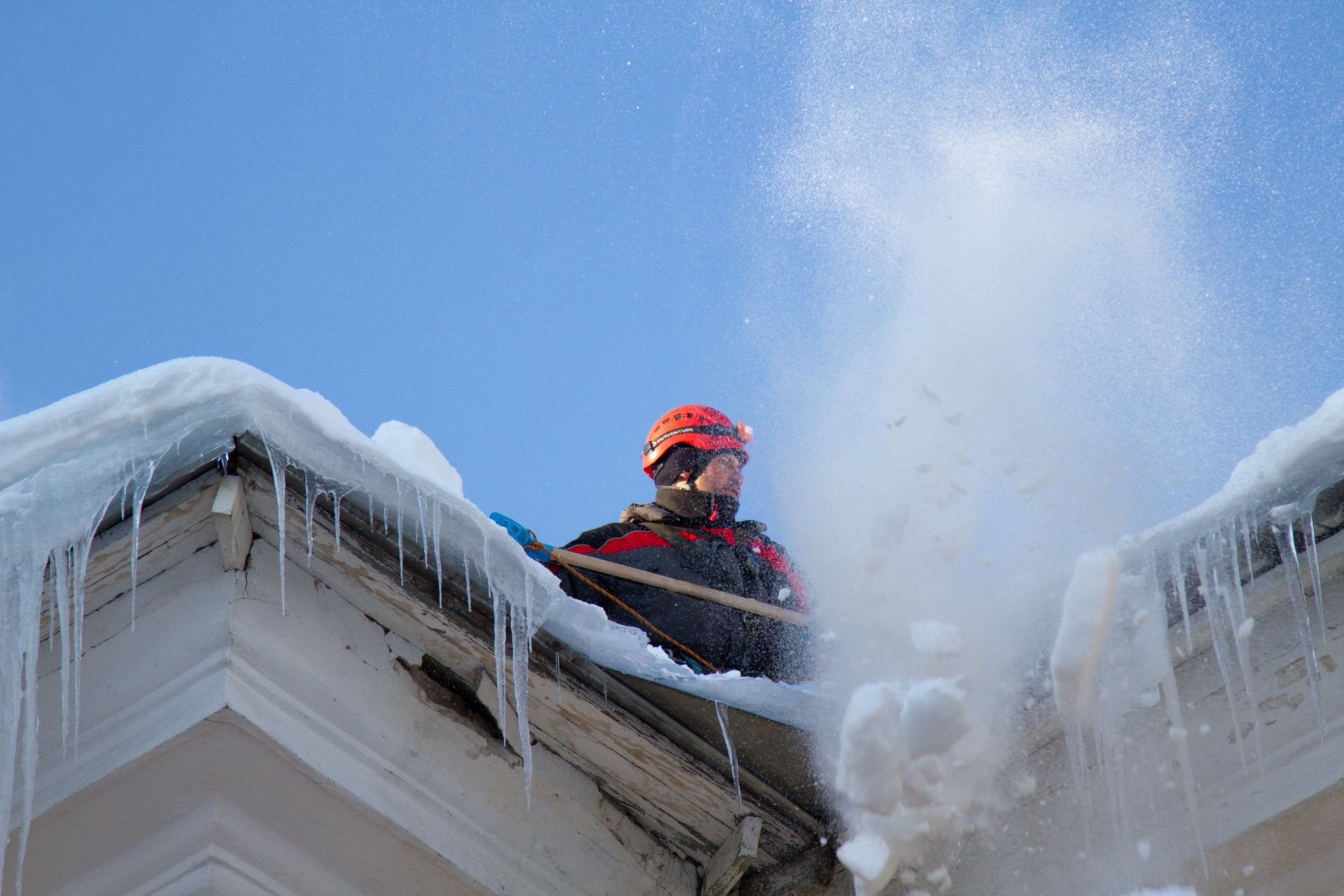
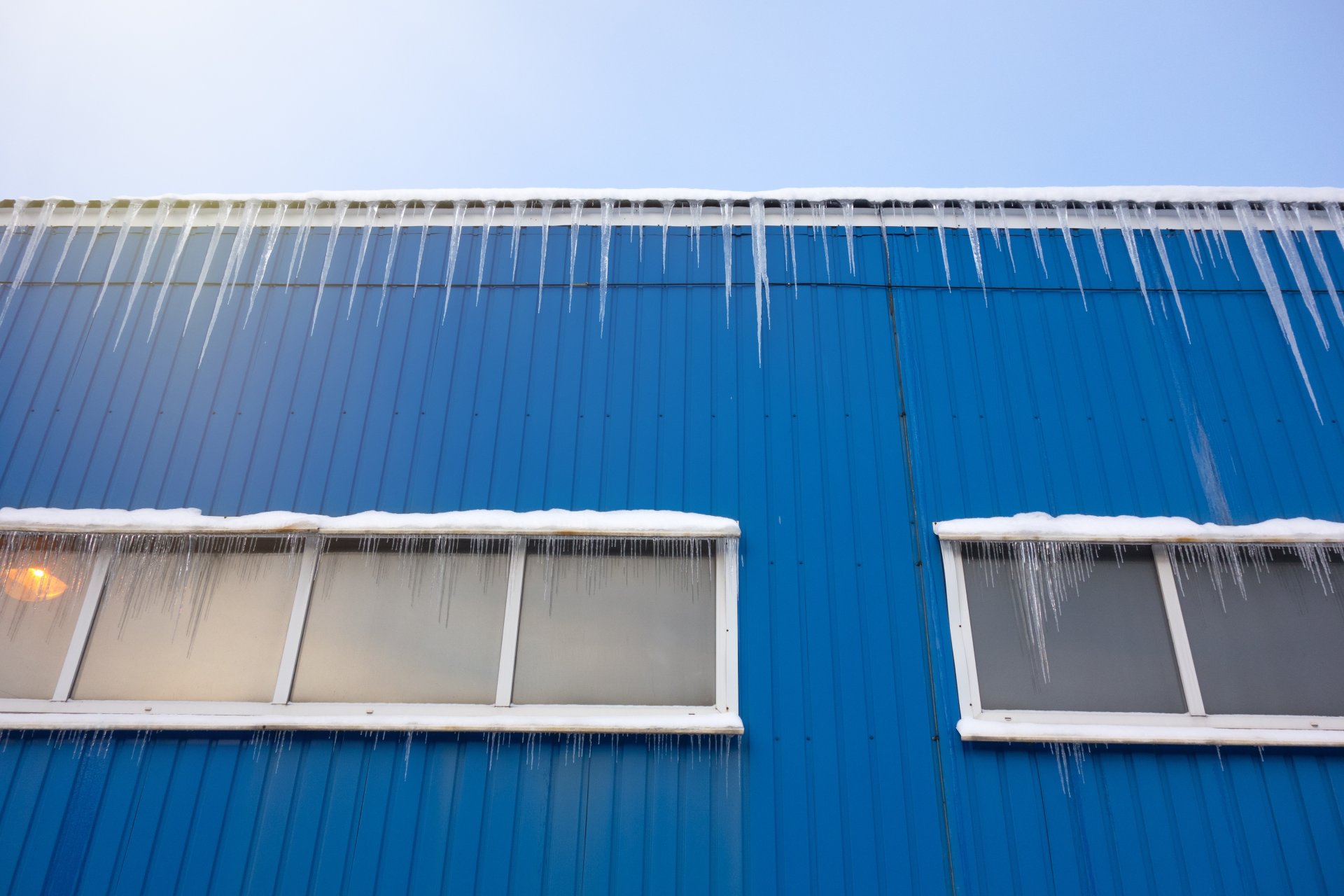
Addressing Repairs
Winter often exposes exterior flaws and damages. Promptly addressing these issues, such as peeling or cracking, is crucial. Not only does this maintain aesthetic appeal, but it also provides an added layer of protection against the elements.
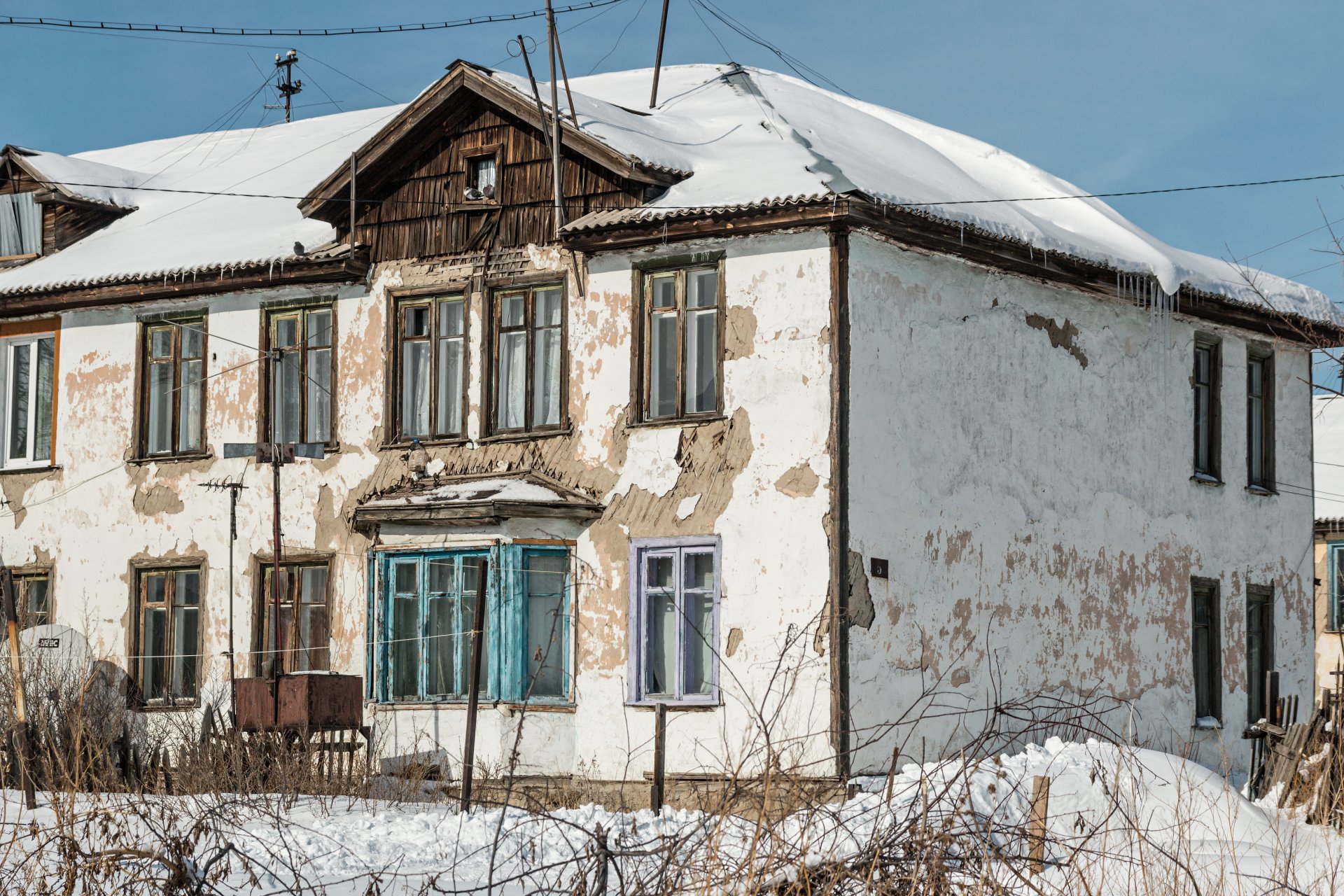
Use the Right Tools
Brushes and rollers designed for cold-weather painting can help achieve a smoother finish. Synthetic bristle brushes are less likely to absorb water or moisture, which can be an issue. Microfiber rollers hold more paint and provide a smooth finish, which is beneficial when dealing with thicker, cold-weather paints.
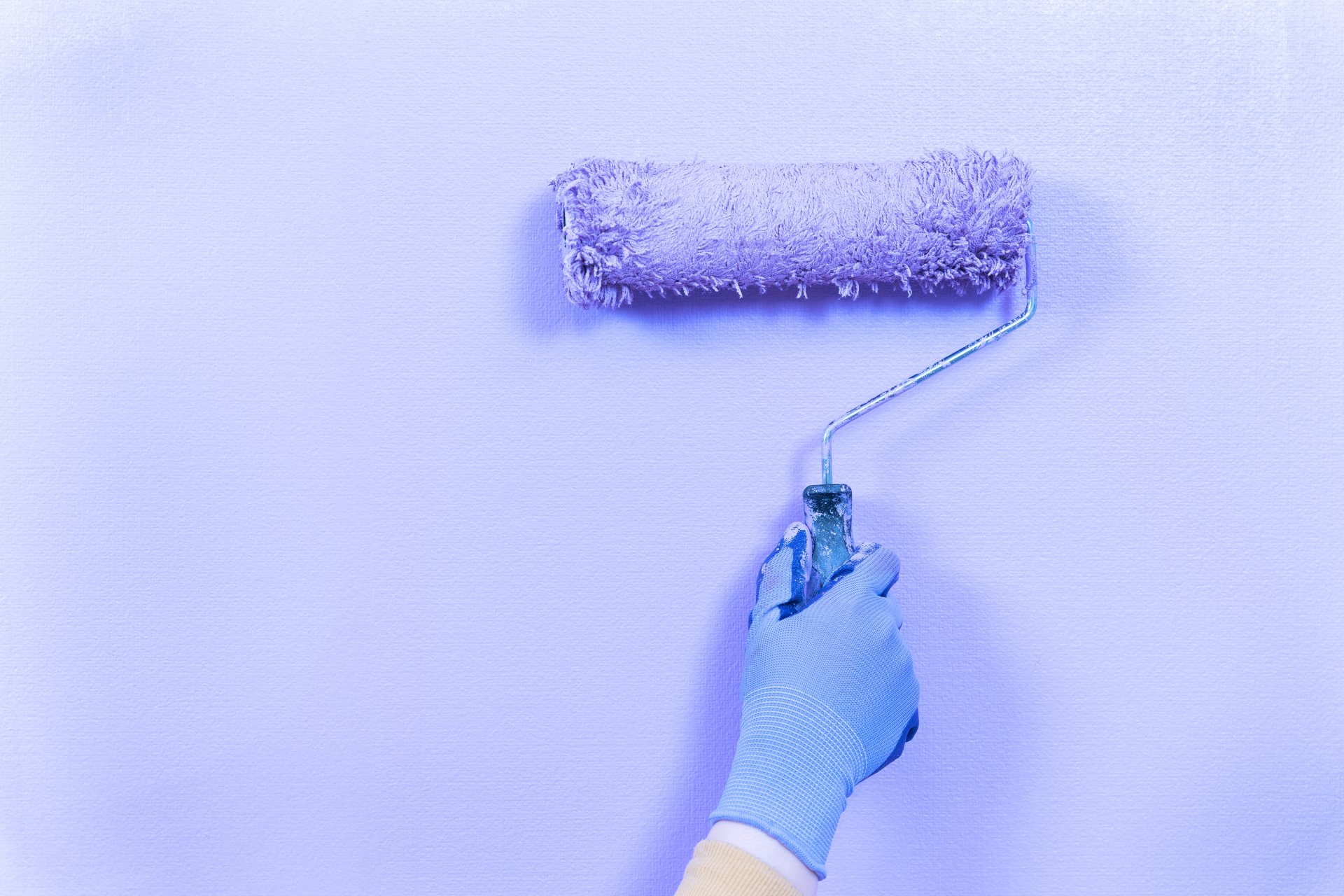
Apply Thin Coats
Thinner coats dry faster and are less sensitive to temperature variations.
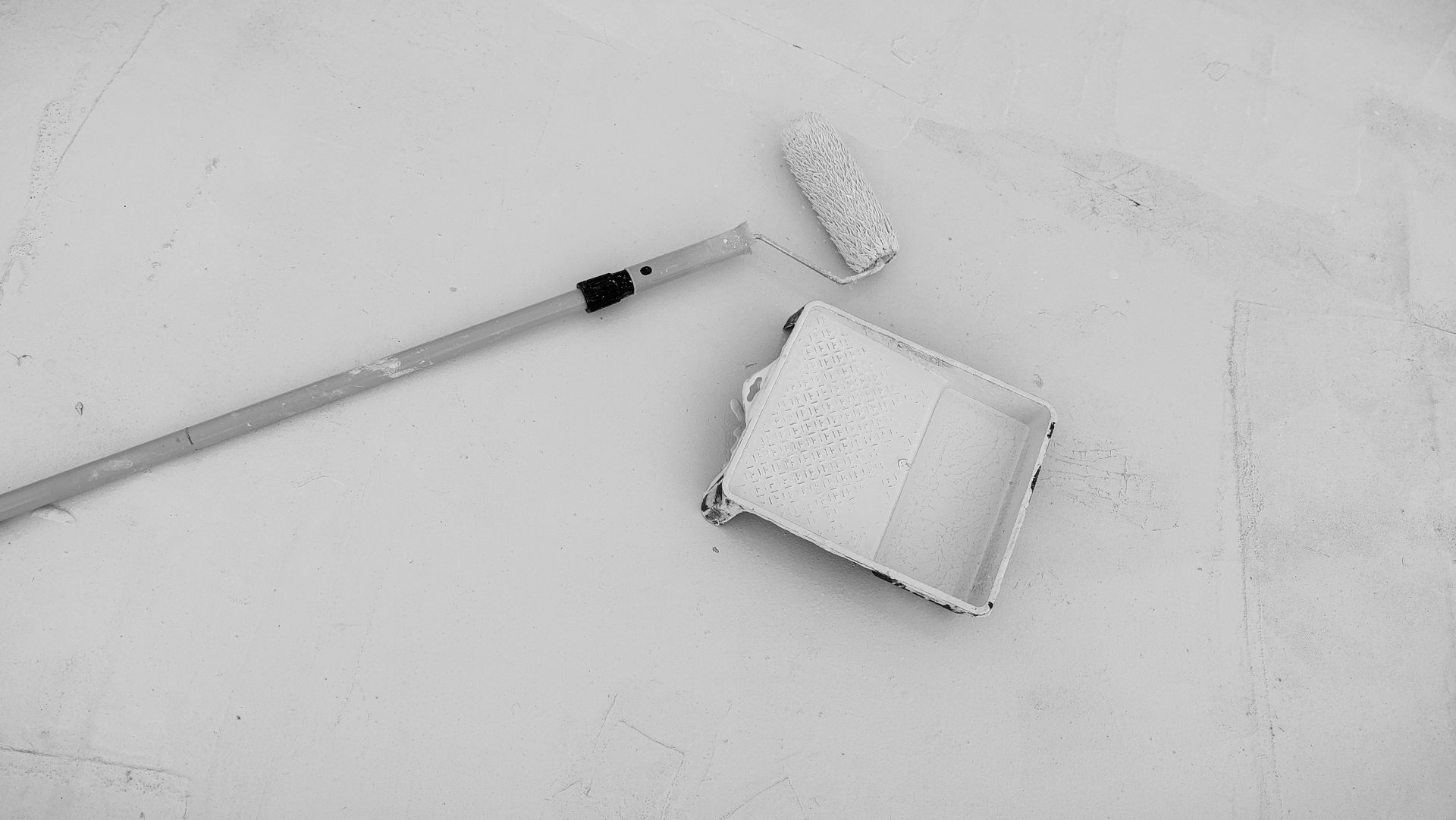
Protect the Fresh Paint
Guard against frost and sudden temperature drops overnight, which can ruin a fresh paint job. If feasible, use physical barriers like tarps or temporary windbreaks to protect the painted area from direct exposure to the elements.
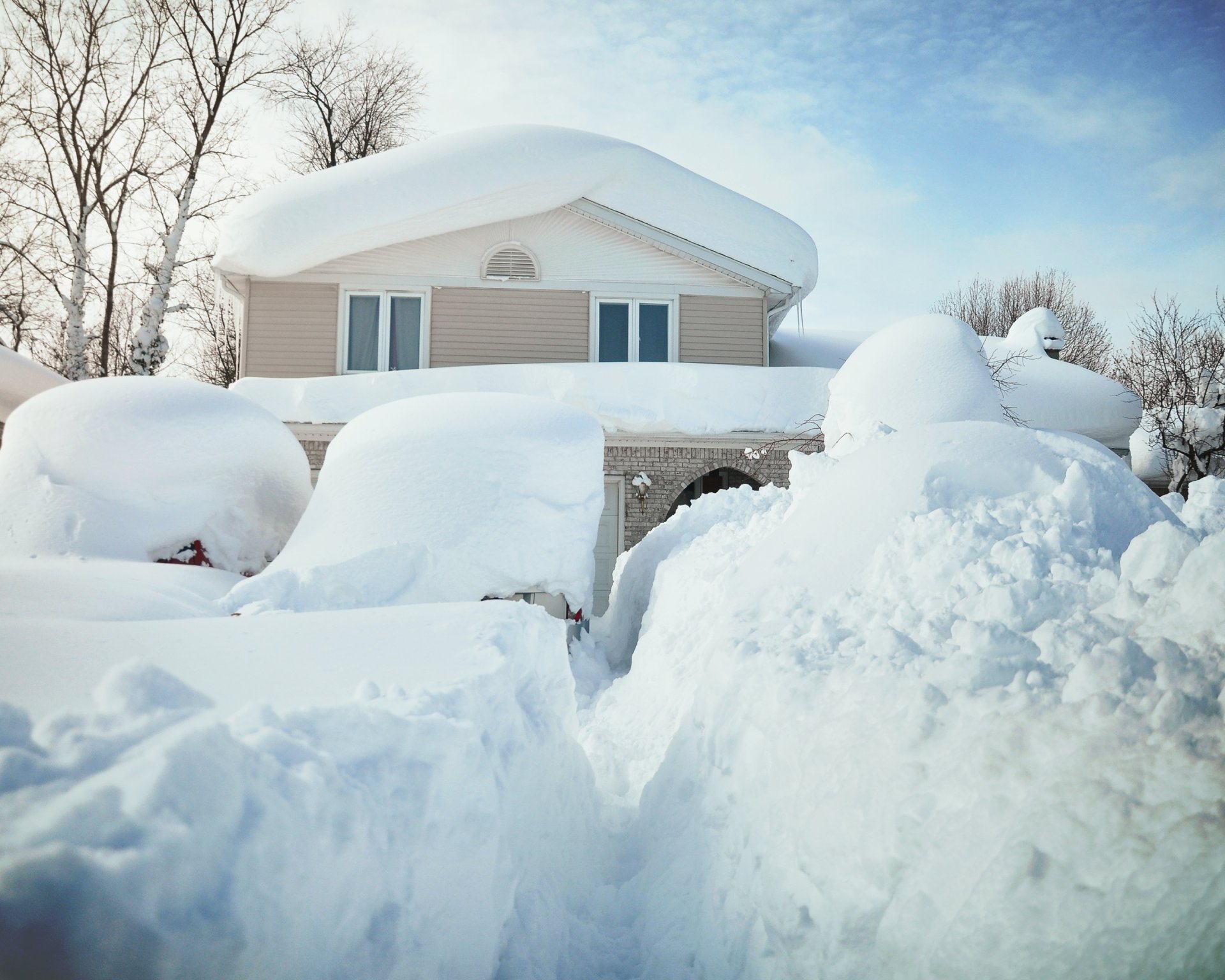
Here’s a video that explains some of these issues and solutions:
Remember, if you’re looking for professional, hassle-free painting services for your exterior this winter, Dallas Paints is here to help. Call (214) 978-4400 or schedule your free consultation today!

